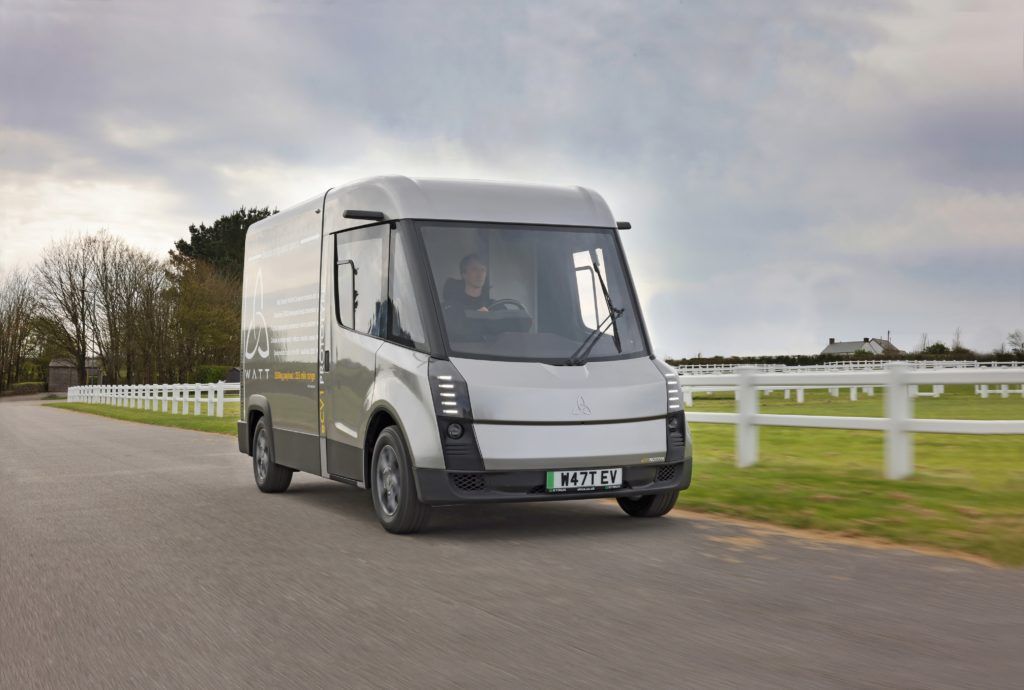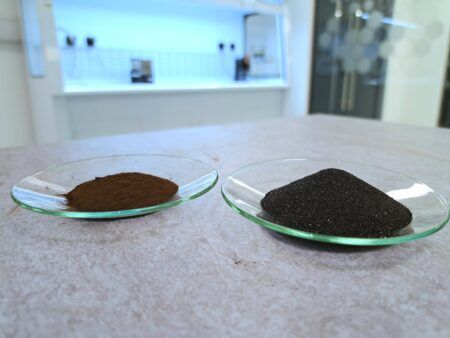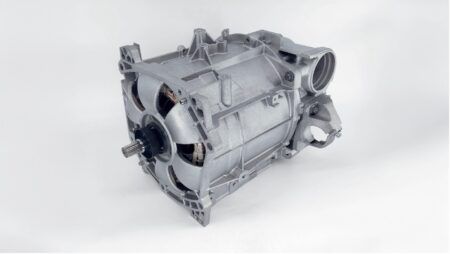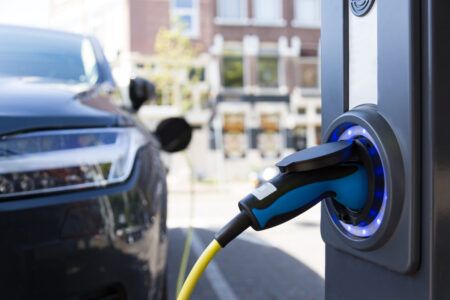Watt Electric Vehicle Company (WEVC), manufacturer of low-to-medium volume EVs, is debuting its eCV1 electric van at the ITT Hub show at Farnborough Airport on the 10th-11th May. This follows the start of an intensive, real-world testing programme.
The British-designed and built WATT eCV1 was first shown at the Commercial Vehicle show in Birmingham last month, where it attracted strong interest from a host of blue-chip companies. Since the CV Show, the prototype vehicle has been out on the road, racking up miles as the testing programme gets underway to continue the development of this ground-breaking electric commercial vehicle.
“The response [at the CV Show] was really humbling after thousands of hours of work to get to this stage, but the biggest surprise for people at the show was that the show vehicle is fully functional and we had driven it onto the stand,” said Neil Yates, CEO of WEVC. “Since the NEC debut we have been out testing the vehicle in the real world, to continue developing the vehicle for production.”
Designed for production of up to 5000 vehicles per annum, the innovative and flexible vehicle, codenamed WATT eCV1, enables a wide range of electric commercial vehicle designs, facilitating mission-specific models which meet customers’ particular fleet requirements.
Following the signing of an MoU between WEVC and electric commercial vehicle specialist, Etrux, earlier this year, the engineering prototype is on display at Farnborough, based on the WATT eCV1. The 3.5-tonne cab and chassis unit, complete with an Etrux designed and built body. The next step is for WEVC’s electric vehicle platform technology will be adapted by Etrux into a range of offerings for the commercial vehicle market.
The first of multiple commercial vehicle offerings to come from WEVC, the eCV1 uses the company’s breakthrough, proprietary PACES architecture, a sophisticated yet cost-effective modular electric vehicle platform. Developed to support commercial vehicle manufacturers, specialist vehicle converters and fleet operators in the transition to an electric future, PACES complies with ISO regulations and exceeds stringent European Small Series Type Approval safety standards.





